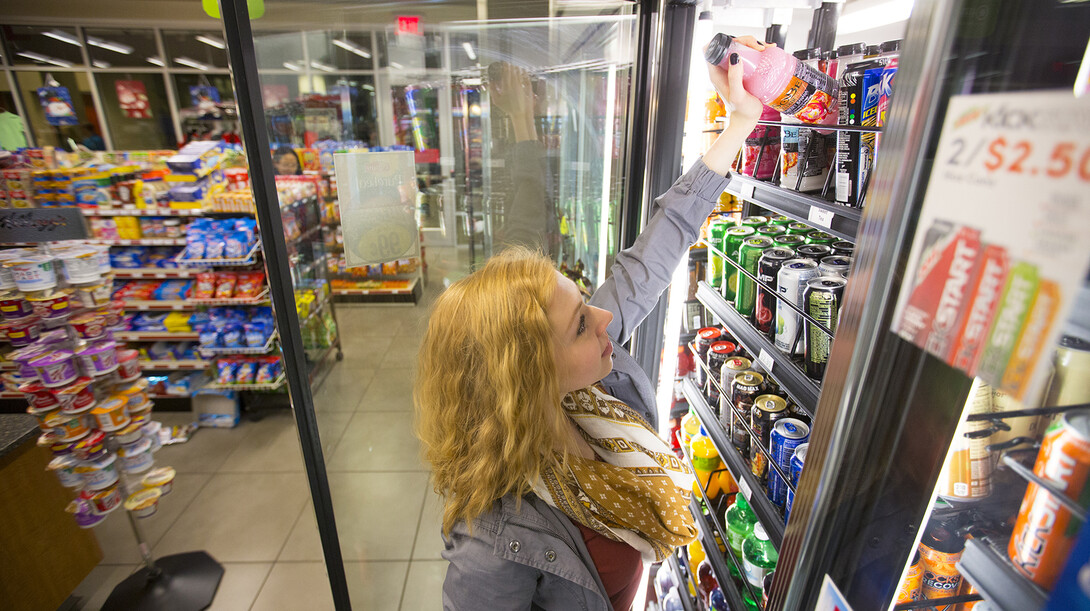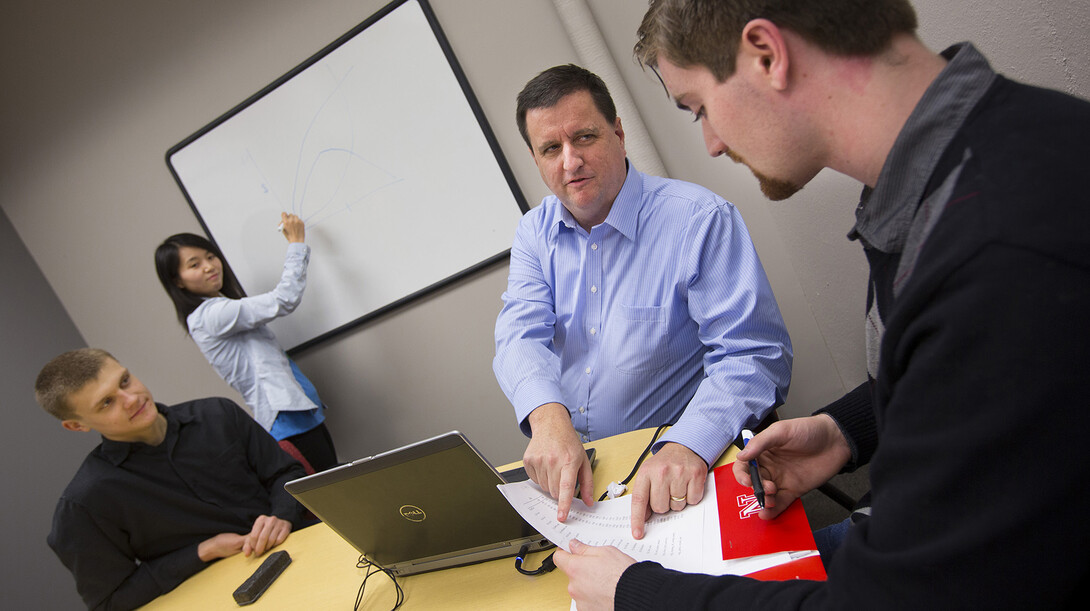
Nebraska consumer confidence declined in January while business expectations rose, according to surveys conducted by the Bureau of Business Research at the University of Nebraska-Lincoln.
The survey results announced Friday marked the first release of the Consumer Confidence Index-Nebraska, newly developed by the bureau to measure consumer attitudes in the state.
The index is calculated based on survey answers to four questions about consumers’ sense of economic security. January’s consumer confidence index level was 84.7, a low level of consumer confidence compared to a neutral baseline of 100. It also reflects a decline from an earlier survey conducted in December, which resulted in an index level of 89.0.
“This indicates that consumer confidence is weak in Nebraska,” said Eric Thompson, a UNL economist and director of the bureau. “The drop may reflect a decline in optimism in the month after the Christmas holiday and the sharp drop in stock market valuations during January.”
By contrast, the January Survey of Nebraska Business showed business owners and managers were optimistic that sales and employment will grow during the next six months. According to the survey, 38 percent of business owners and managers expect higher sales over the next six months, compared to 19 percent who expect sales to decline.
The survey found 18 percent of business owners and managers expect to add jobs during the next six months, while 5 percent expect to reduce employment.
“Businesses anticipate solid growth in the Nebraska economy during the first six months of 2016,” Thompson said. “Expectations for both sales and employment are higher than those reported by respondents to the December survey.”
The business survey is sent each month to 500 randomly selected Nebraska businesses, while the consumer survey is sent to 500 randomly chosen Nebraska households. In January, 141 businesses responded, for a response rate of 28 percent, while 133 households responded, for a response rate of 27 percent.
Consumers were asked whether their household was economically better off today than six months ago and whether they thought now is a good time to make major household purchases, such as cars, appliances or electronics. They also were asked whether they expected their economic situation to improve in six months and whether they thought six months from now would be a good time to make major purchases.
Negative and positive responses to each question were compiled and indexed, with 100 representing an equal split between positive and negative responses. An index level above 100 reflects more positive responses than negative, while an index level of below 100 reflects more negative responses. The index levels for each question were averaged to calculate the overall consumer confidence level.
“The index value well below 100, at 84.7, may reflect that many middle- and lower-income households have experienced stagnant or declining real incomes over the last few decades,” Thompson said. “While the index value may rise or fall from month to month, it may be a long time before the consumer confidence index for Nebraska rises above 100.”
Consumers also were asked to identify the biggest financial problems facing their households.
Adequate savings was the most frequently cited issue, by 16 percent of responding households, with another 9 percent saying paying off debt was their most important financial problem. However, nearly half of respondents reported being concerned by some form of household costs, such as taxes, health-care expenses, major expenses such as home or car purchases, or the cost of living. Nearly one in five said they were worried about their income level or their job or business. Financial market performance, specifically the stock market, was cited as the top concern by 6 percent.
For business owners and managers, customer demand was cited by 42 percent as their biggest concern. Quality and availability of labor was cited by 18 percent of respondents.
“The latter results suggest that the Nebraska economy continues to face difficulties with a skills gap and, more generally, a sufficient work force to fill some open positions,” Thompson said.
For more information, the full survey reports are available on the Bureau of Business Research website.








